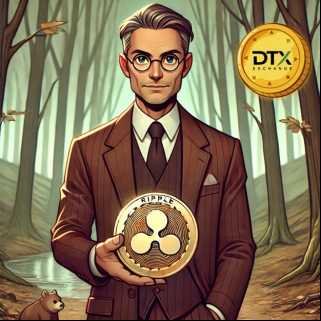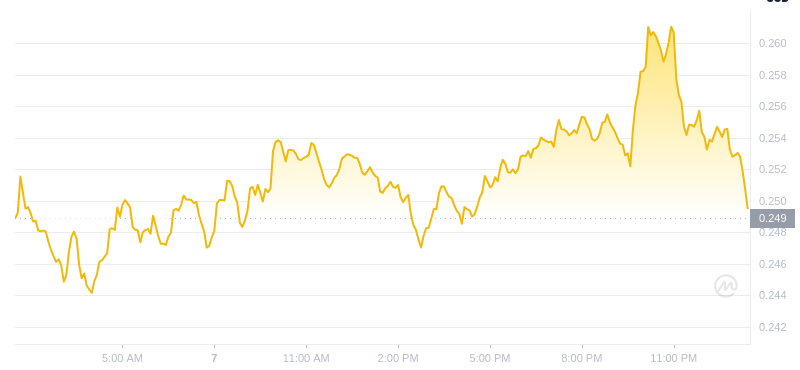
Web3Bay: Revolutionizing Commerce with Blockchain
Transforming E-commerce with Decentralization
Web3Bay is a transformative platform that seamlessly integrates blockchain technology into everyday online commerce. By leveraging multiple networks, including Ethereum and BNB Chain, Web3Bay facilitates seamless transactions across various ecosystems. This multi-chain support enhances liquidity, empowering users to buy, sell, and trade assets freely across different blockchains.
NFTs and Payment Flexibility
Web3Bay introduces NFTs into the marketplace, bridging the gap between digital and physical commerce. Users can purchase tokenized items, ranging from artwork to authenticated physical goods linked to NFTs. This opens new revenue streams for creators and brands while offering buyers complete ownership secured by blockchain technology.
Moreover, Web3Bay boasts payment versatility by incorporating crypto wallets like MetaMask and Trust Wallet alongside traditional methods like PayPal. This approach lowers entry barriers and preserves the advantages of decentralized finance.
Smart Contracts for Security and Trust
Smart contracts automate transactions, eliminating intermediaries and ensuring prompt and dispute-free exchanges. The transparency of blockchain records guarantees fairness in every transaction.
Web3Bay's Growth and Traction
Web3Bay's innovative approach has led to remarkable growth, with over 280 million tokens sold and over $1M raised in presale. Currently in Stage 4, with a token price of $0.004562625, the project is gaining significant traction.
PEPE Investor's Nightmare: Centralization Dangers
An unfortunate incident involving a PEPE investor highlights the risks associated with meme coins. Centralized control allowed developers to blacklist a wallet, preventing any withdrawals. This underscores the need for transparency and decentralization to safeguard investors.
Aave: A Pioneer in Decentralized Lending
Aave emerges as a leading decentralized lending platform, enabling users to lend and borrow cryptocurrencies without intermediaries. Operating across blockchains like Ethereum and Polygon, it utilizes smart contracts to automate transactions. Its unique "flash loans" provide collateral-free loans within a single block, supporting arbitrage and complex trades.
To ensure stability, Aave employs an over-collateralization model, requiring borrowers to lock in more assets than they borrow. Its native token, AAVE, facilitates governance and staking, allowing holders to influence protocol decisions and earn rewards.
Conclusion
Web3Bay's multifaceted approach brings innovation to e-commerce, offering a viable and scalable solution for asset exchange across multiple blockchains, NFTs, and diverse payment methods. In contrast, Aave remains a formidable player in DeFi lending, focusing primarily on borrowing and staking.
The PEPE incident reminds us of the importance of decentralization and transparency in digital finance. Web3Bay's commitment to accessibility and ownership exemplifies the transformative potential of blockchain in revolutionizing digital commerce.


 Crypto Daily™
Crypto Daily™ Optimisus
Optimisus TheCoinrise Media
TheCoinrise Media CoinPedia News
CoinPedia News crypto.news
crypto.news TheNewsCrypto
TheNewsCrypto DogeHome
DogeHome TheCoinrise Media
TheCoinrise Media Crypto Daily™
Crypto Daily™






















